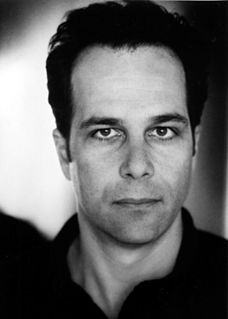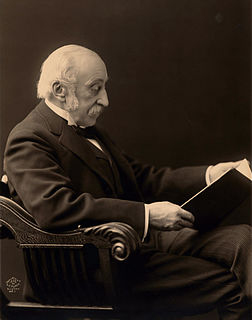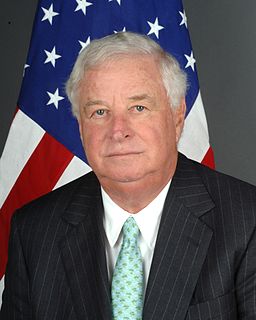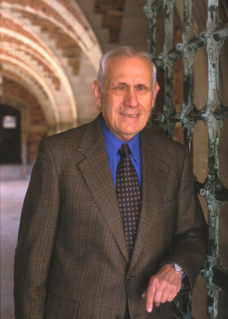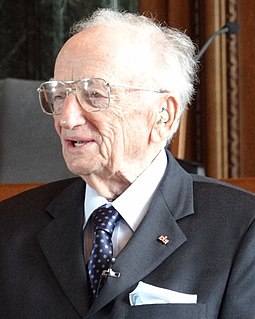A Quote by Philip Gourevitch
I'm not pro-war. But I think war has been the dominant condition of humankind, and peace has been the anomaly - certainly sustained periods of peace that profit great masses of people - and I think war has worked, even awful hellish wars: worked to staunch fascist aggression in Europe, worked to preserve the Union after secession in the United States, etc. Not always, maybe not often, but to say never is to reject history in favor of a wishful unreality.
Quote Topics
After
Aggression
Always
Anomaly
Awful
Been
Certainly
Condition
Dominant
Etc
Europe
Even
Fascist
Favor
Great
History
Humankind
Masses
Maybe
Never
Often
Peace
People
Periods
Preserve
Pro
Profit
Reject
Say
Secession
States
Staunch
Sustained
Think
Union
United
United States
Unreality
War
Wars
Wishful
Worked
Related Quotes
There never was a good war," said Franklin. "There have indeed been many wars in which a good man must take part, and take part with grave gladness to die if need be, a willing sacrifice, thankful to give life for what is dearer than life, and happy that even by death in war he is serving the cause of peace. But if a war be undertaken for the most righteous end, before the resources of peace have been tried and proved vain to secure it, that war has no defense, it is a national crime.
No power but Congress can declare war; but what is the value of this constitutional provision, if the President of his own authority may make such military movements as must bring on war? ... [T]hese remarks originate purely in a desire to maintain the powers of government as they are established by the Constitution between the different departments, and hope that, whether we have conquests or no conquests, war or no war, peace or no peace, we shall yet preserve, in its integrity and strength, the Constitution of the United States.
World War Two was a world war in space. It spread from Europe to Japan, to the Soviet Union, etc. World War Two was quite different from World War One which was geographically limited to Europe. But in the case of the Gulf War, we are dealing with a war which is extremely local in space, but global in time, since it is the first 'live' war.
Militarists say that to gain peace we must prepare for war. I think we get what we prepare for. If we want a world where peace is valued, we must teach ourselves to believe that peace is not a ‘utopian vision’ but a real responsibility that must be worked for each and every day in small and large ways. Any one of us can contribute to building a world where peace and justice prevail.
Throughout history civilian populations and political rulers have talked of peace. We have never been free of war. The soldier, whose profession is war, understands that peace must be enforced by superior military might. The certainty of defeat is the only effective deterrent we can use to maintain peace. Furthermore, we can be strong without being aggressive.
So a war begins. Into a peace-time life, comes an announcement, a threat. A bomb drops somewhere, potential traitors are whisked off quietly to prison. And for some time, days, months, a year perhaps, life has a peace-time quality, into which war-like events intrude. But when a war has been going on for a long time, life is all war, every event has the quality of war, nothing of peace remains.
The twentieth century had dispensed with the formal declaration of war and introduced the fifth column, sabotage, cold war, and war by proxy, but that was only the begining. Summit meetings for disarmament pursued mutual understanding and a balance of power but were also held to learn the strengths and weaknesses of the enemy. The world of the war-or-peace alternative became a world in which war was peace and peace war.
With all of the history of war, and the human race's history unfortunately has been a good deal more war than peace, with nuclear weapons distributed all through the world, and available, and the strong reluctance of any people to accept defeat, I see the possibility in the 1970's of the President of the United States having to face a world in which 15 or 20 or 25 nations may have these weapons.
Well, if it's naive to want peace instead of war, let 'em make sure they say I'm naive. Because I want peace instead of war. If they tell me they want war instead of peace, I don't say they're naive, I say they're stupid. Stupid to an incredible degree to send young people out to kill other young people they don't even know, who never did anybody any harm, never harmed them. That is the current system. I am naive? That's insane.
